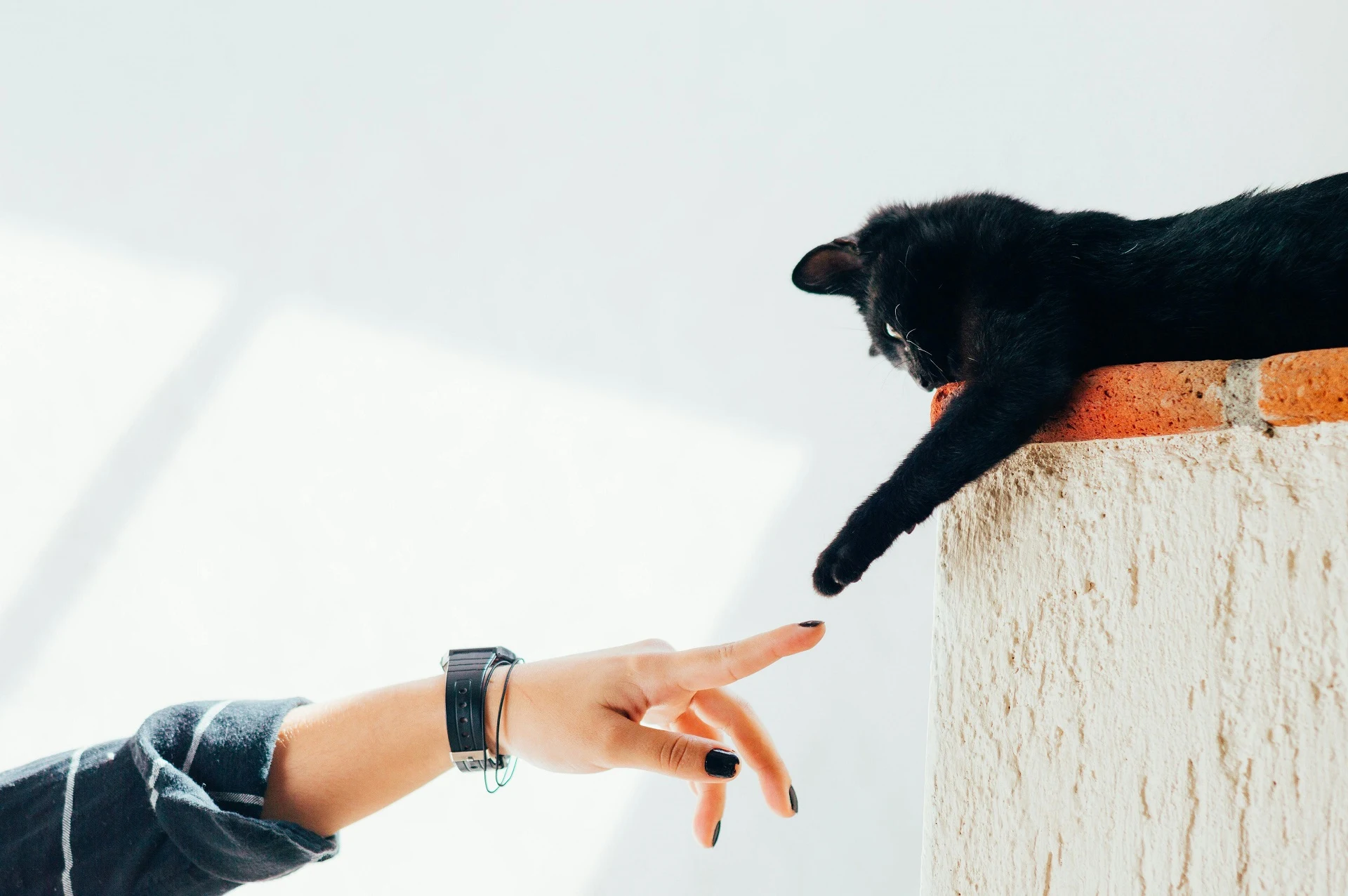Will My Cat Be Okay with a Cat Sitter?

Considering a cat sitter for your feline friend? This article dives deep into the factors affecting your cat's comfort with a sitter, explores strategies for a smooth transition, and offers valuable tips to ensure your kitty thrives while you're away.
Understanding Your Cat's Needs
Cats, with their independent spirit and particular routines, can present unique challenges when considering alternative care. The good news is, many felines adapt well to cat sitters, especially in the familiar comfort of their own home. However, several factors influence your cat's potential reaction.
- Temperament: Naturally social cats may welcome the company, while shy or anxious kitties might find a stranger unsettling. Age also plays a role – kittens may adjust more readily than senior cats set in their ways. Consider your cat's past experiences with new people or environments.
- Medical Conditions: If your cat has health concerns, a sitter allows for close monitoring and medication administration. However, discuss any special needs with the sitter beforehand to ensure they're comfortable providing the necessary care.
Choosing the Right Cat Sitter
The key to a successful cat sitter experience lies in selecting a qualified and compatible caregiver. Here are some crucial considerations:
- Experience: Look for a sitter with experience caring for cats, particularly those familiar with handling shy or anxious personalities. References and positive online reviews can provide valuable insights.
- Services Offered: Determine the level of care needed. Does your cat require basic feeding, litter box cleaning, and playtime, or more involved services like medication administration or companionship for longer absences?
- Meet and Greet: Schedule a preliminary meeting between the sitter and your cat before your departure. This allows your cat to become accustomed to the sitter's scent and presence in a low-pressure setting.
Setting Your Cat Up for Success
With the right preparation, a cat sitter can become a trusted source of comfort and care for your feline friend. Here are some key steps to ensure a smooth transition:
- Create a Sitter Manual: Provide detailed instructions on feeding schedules, litter box preferences, playtime routines, and any specific needs your cat may have.
- Stock Up on Supplies: Leave enough food, water, litter, and treats to last throughout your absence. Include a few new toys to keep your cat entertained.
- Maintain Routine: As much as possible, ask the sitter to stick to your cat's regular feeding and playtime schedule. This stability helps minimize stress.
- Cat-Proof Your Home: Ensure your cat has access to their usual hiding spots, scratching posts, and perches. Remove any potential hazards like loose cords or open windows.
- Communication is Key: Stay in regular contact with the sitter for updates on your cat's well-being. Discuss any concerns and provide positive reinforcement for the sitter.
By understanding your cat's individual needs, choosing a reliable and experienced sitter, and preparing your home for their arrival, you can transform a potentially stressful situation into a positive experience for both your feline companion and yourself.






